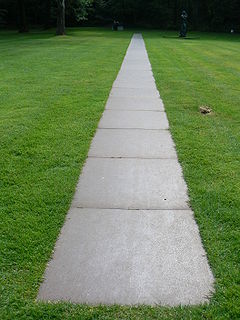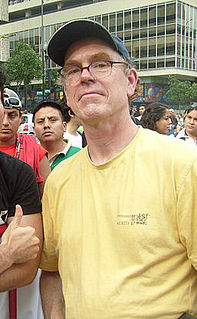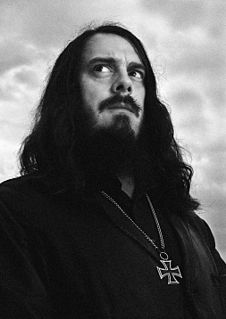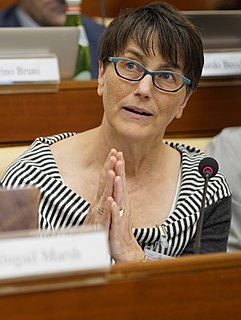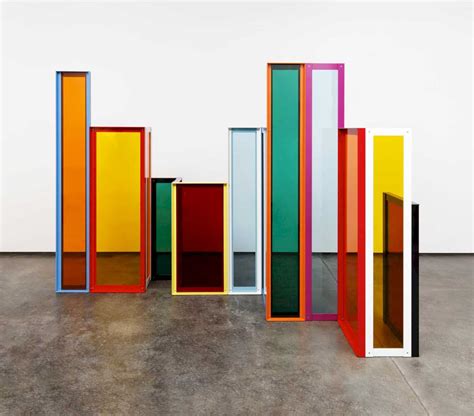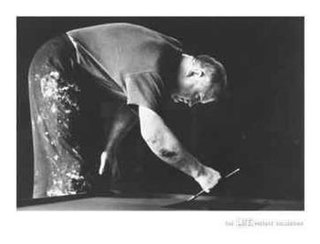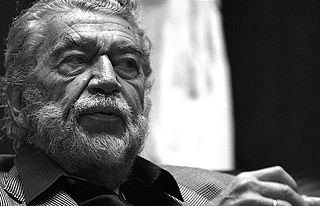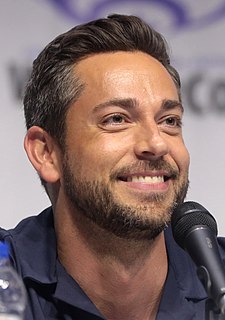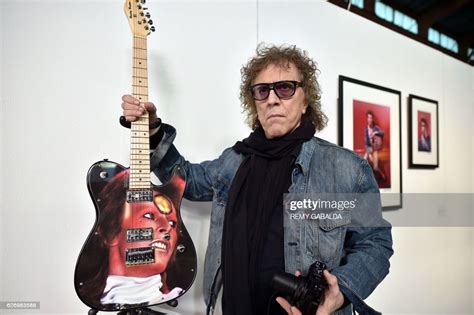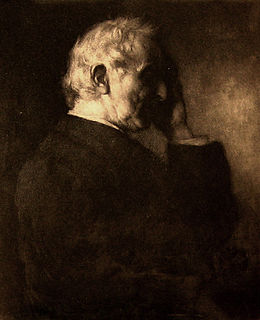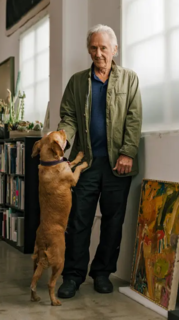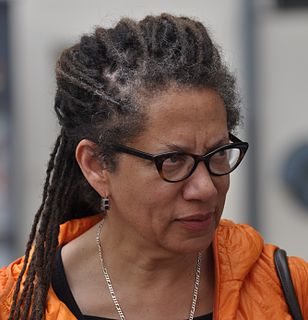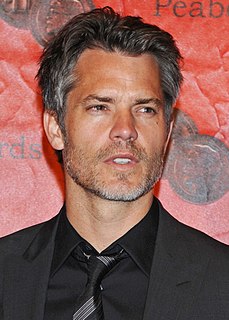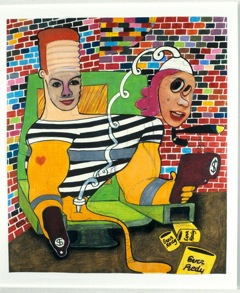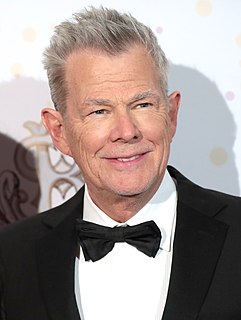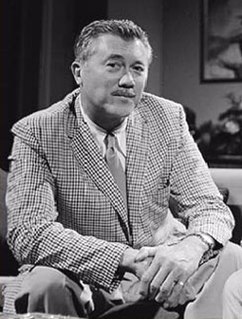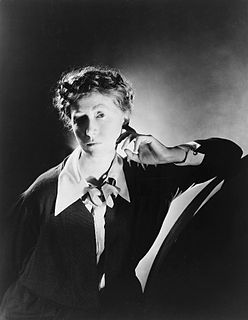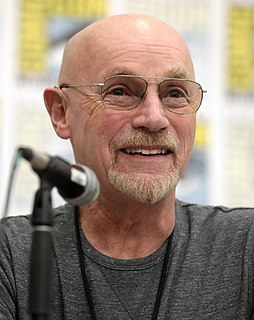Top 1200 True Art Quotes & Sayings - Page 15
Explore popular True Art quotes.
Last updated on December 18, 2024.
Focusing-Oriented Art Therapy is a major contribution to art therapy literature and practice. Laury Rappaport introduces a contemplative method and philosophy grounded in the body's felt-sense of experience and its innate and largely unrecognized wisdom. This intellectually provocative, yet thoroughly practical text, establishes Rappaport as an emergent leader in the art therapy world and author of a book that every student and art therapist must read in order to appreciate the depth and breadth of our discipline.
When you're a little kid, you just like music that makes you happy and is fun. As you get older, you reach college or your 20s and you decide that music should be challenging and all art should be smart. So you start to think it makes you like high art more to put down things you consider low art. I don't even think things are low art.
Art is the heart's explosion on the world. Music. Dance. Poetry. Art on cars, on walls, on our skins. There is probably no more powerful force for change in this uncertain and crisis-ridden world than young people and their art. It is the consciousness of the world breaking away from the strangle grip of an archaic social order.
Jonathan Meese is not interested in the history of reality. Everything radical and precisely graphic is sustainable. Human ideologies like religions and politics are based on the past and therefore irrelevant to art. Art always transforms radicalism of the past into the future. Art is always the total time machine. Jonathan Meese is interested in the history of the future. Art is never nostalgic.
People think that the art market is about opportunists and hedge-fund managers getting broken art, but what really happened is that there was a new configuration of bourgeois values in the U.S. and an acceptance among the bourgeoisie of contemporary art as an idea. I think that bourgeois people are horrible.
The art of the novel, however, has fallen into such a state of stagnation - a lassitude acknowledged and discussed by the whole of critical opinion - that it is hard to imagine such an art can survive for long without some radical change. To many, the solution seems simple enough: such a change being impossible, the art of the novel is dying.
The theologians also should not be irritated. For if they find that this opinion is false, then they would be free to condemn it; and if they discover that it is true, they ought to thank those who have opened the way to finding the true sense of the Scriptures and who have prevented them from falling into the grave scandal of condemning a true proposition.
A lot of people, especially Christians, want to put you in this box of being a Christian actor, and I don't believe in it. You do yourself and everyone else a big disservice when you start thinking about it as "Christian art." That's why most Christian art is bad. They don't put a premium on the "art."
Art on the contrary sought this harmony in practice [of art itself]. More and more in its creations it has given inwardness to that what surrounds us in nature, until, in Neo-Plasticism, nature is no longer dominant. This achievement of balance may prepare the way for the fulfillment of man and signal the end of (what we call) art.
But you go to a great school, not for knowledge so much as for arts and habits; for the habit of attention, for the art of expression, for the art of assuming at a moment's notice a new intellectual posture, for the art of entering quickly into another person's thoughts, for the habit of submitting to censure and refutation, for the art of indicating assent or dissent in graduated terms, for the habit of regarding minute points of accuracy, for the habit of working out what is possible in a given time, for taste, for discrimination, for mental courage and mental soberness.
I pitched the idea to FX that there's this larger 'Fargo' universe where there's true crime in the upper Midwest, and I can tell stories from any era of that. Maybe they connect to the first season or the movie, or maybe they don't. It's just a style of storytelling. We're under the auspices of being a true story that isn't true.
It is possible that, through horizontal and vertical lines constructed with awareness, but not with calculation, led by high intuition, and brought to harmony and rhythm, these basic forms of beauty, supplemented if necessary by other direct lines or curves, can become a work of art, as strong as it is true.
I never expected to sell my art. It wasn't like today where you come out of art school and they promise you a future. Now it's almost regulated in a way. When we came out of school, we just wanted to make art that'd blow your hair back and do it for sport. There was no commercial possibility that we saw.
Nature is a greater and more perfect art, the art of God; though, referred to herself, she is genius; and there is a similarity between her operations and man's art even in the details and trifles. When the overhanging pine drops into the water, by the sun and water, and the wind rubbing it against the shore, its boughs are worn into fantastic shapes, and white and smooth, as if turned in a lathe. Man's art has wisely imitated those forms into which all matter is most inclined to run, as foliage and fruit.
Either Christianity is true or it's false. If you bet that it's true, and you believe in God and submit to Him, then if it IS true, you've gained God, heaven, and everything else. If it's false, you've lost nothing, but you've had a good life marked by peace and the illusion that ultimately, everything makes sense. If you bet that Christianity is not true, and it's false, you've lost nothing. But if you bet that it's false, and it turns out to be true, you've lost everything and you get to spend eternity in hell.
I was a Fine Art major. You do a bit of everything until the final year, when you specialise. I did pencil drawing and sculpture. It's a pretty well-rounded fine art education. I thought that it was viable option to make a living out of art. I'm not sure if I was thinking realistically; maybe I never was. But it had great appeal.
It seems like the big difference between good art and so-so art lies somewhere in the art's heart's purpose, the agenda of the consciousness behind the text. It's got something to do with love, with having the discipline to talk out of the part of yourself that can love instead of the part that just wants to be loved.
What Tully said of war may be applied to disputing: "It should be always so managed as to remember that the only true end of it is peace." But generally true disputants are like true sportsmen,--their whole delight is in the pursuit; and the disputant no more cares for the truth than the sportsman for the hare.
One of the crucial underpinnings of New York as a culture capital is that there are multiple markets. There is not just one art gallery district, there are several art gallery districts. I feel that there should be art galleries and art studios in every neighborhood without exception. They should be integrated into the social and physical fabric of the streets. If we want a lively city, we can't just have high towers and dense constructions, we have to have living organisms of streets and neighborhoods. And the arts are a crucial part of that.
All art is propaganda, and ever must be, despite the wailing of the purists. I stand in utter shamelessness and say that whatever art I have for writing has been used always for propaganda for gaining the right of black folk to love and enjoy. I do not care a damn for any art that is not used for propaganda.
Art is the microscope of the mind, which sharpens the wit as the other does the sight; and converts every object into a little universe in itself. Art may be said to draw aside the veil from nature. To those who are perfectly unskilled in the practice, unimbued with the principles of art, most objects present only a confused mass.
True greatness,true leadership,is found in giving yourself in service to others, not in coaxing or inducing others to serve you. True service is never without cost. Often it comes with a painful baptism of suffering. But the true spiritual leader is focused on the service he and she can render to God and other people, not on the residuals and perks of high office or holy title. We must aim to put more into life than we take out.
Traditional Chinese art looked at the Earth from a Confucian mountain top; Japanese art looked closely around screens; Italian Renaissance art surveyed conquered nature through the window or door-frame of a palace. For the Cro-Magnons, space is a metaphysical arena of continually intermittent appearances and disappearances.
When I started in the comic book business, 'Art Of' books were strictly the provenance of the greats, like Rembrandt and Da Vinci. But times change, and so do attitudes. Now the comic is considered an art form, and I hope 'A Life in Words and Pictures' contributes a little to that art form's history.
A lot of people, especially Christians, want to put you in this box of being a Christian actor, and I don't believe in it. You do yourself and everyone else a big disservice when you start thinking about it as 'Christian art.' That's why most Christian art is bad. They don't put a premium on the 'art.'
Malevich, Lissitsky, Kandinsky, Tatlin, Pevsner, Rodchenko... all believed in the social role of art... Their works were like hinged doors, connecting activity with activity. Art with engineering; music with painting; poetry with design; fine art with propaganda; photographs with typography; diagrams with action; the studio with the street.
What the art historians had forgotten is that in Chinese, Japanese, Persian, and Indian art, they never painted shadows. Why did they paint shadows in European art? Shadows are because of optics. Optics need shadows and strong light. Strong light makes the deepest shadows. It took me a few years to realize fully that the art historians didn't grasp that. There are a lot of interesting new things, ideas, pictures.








